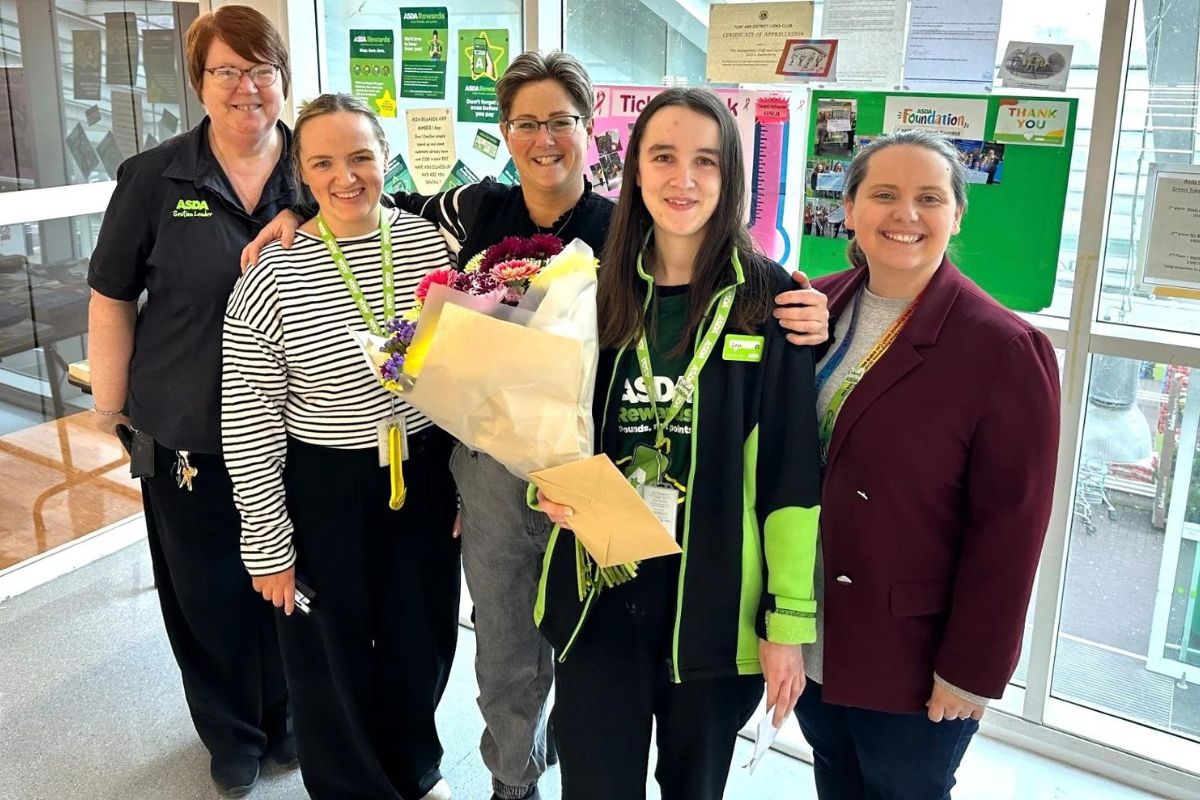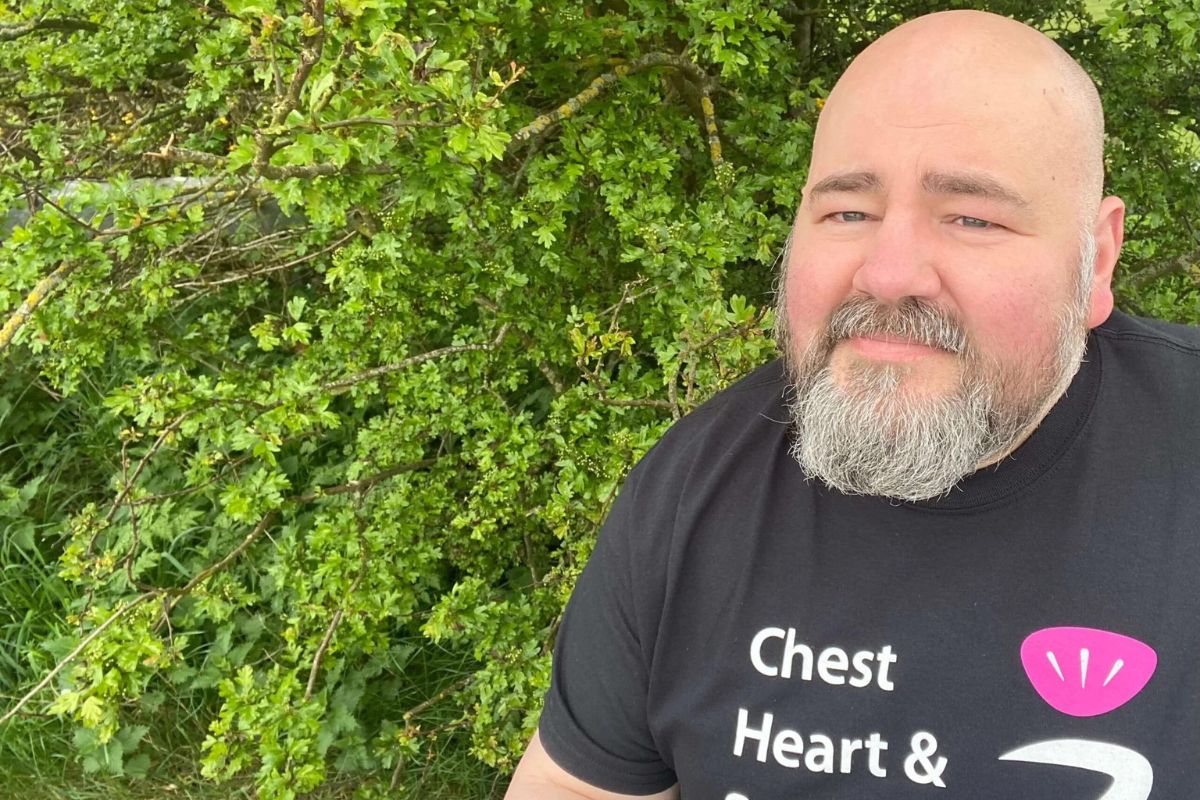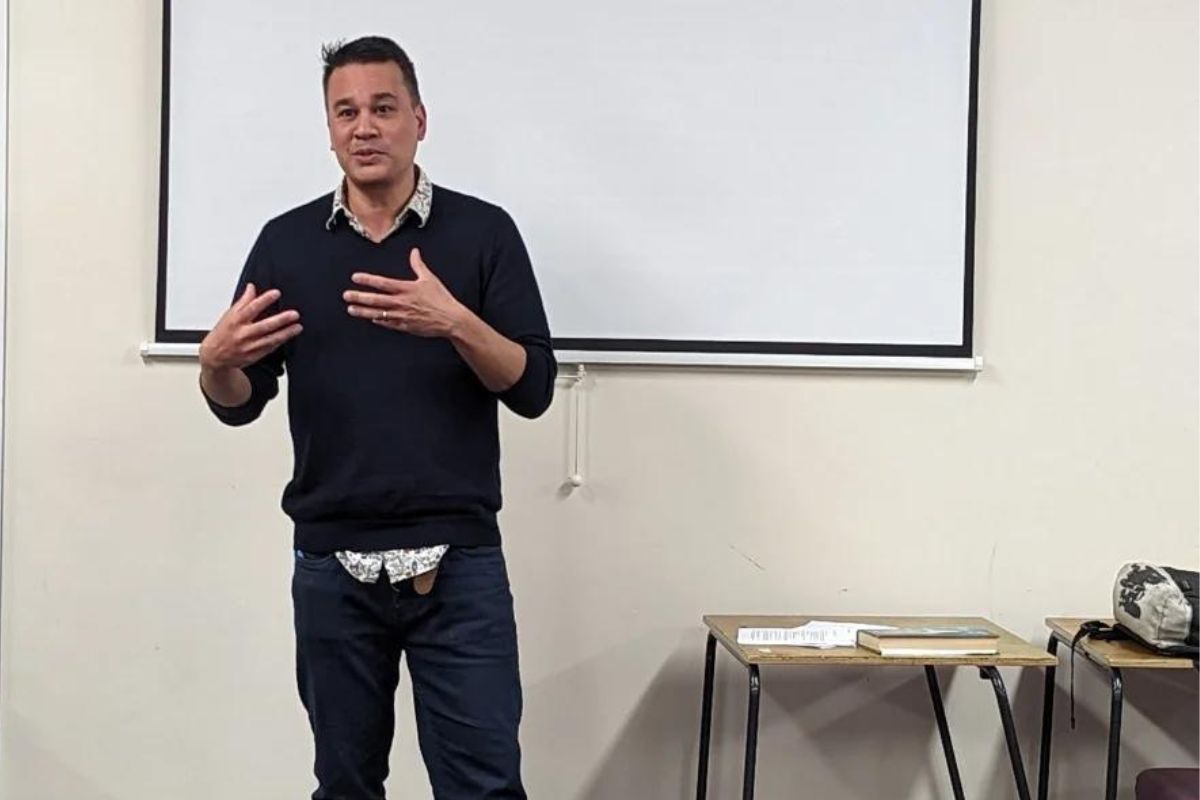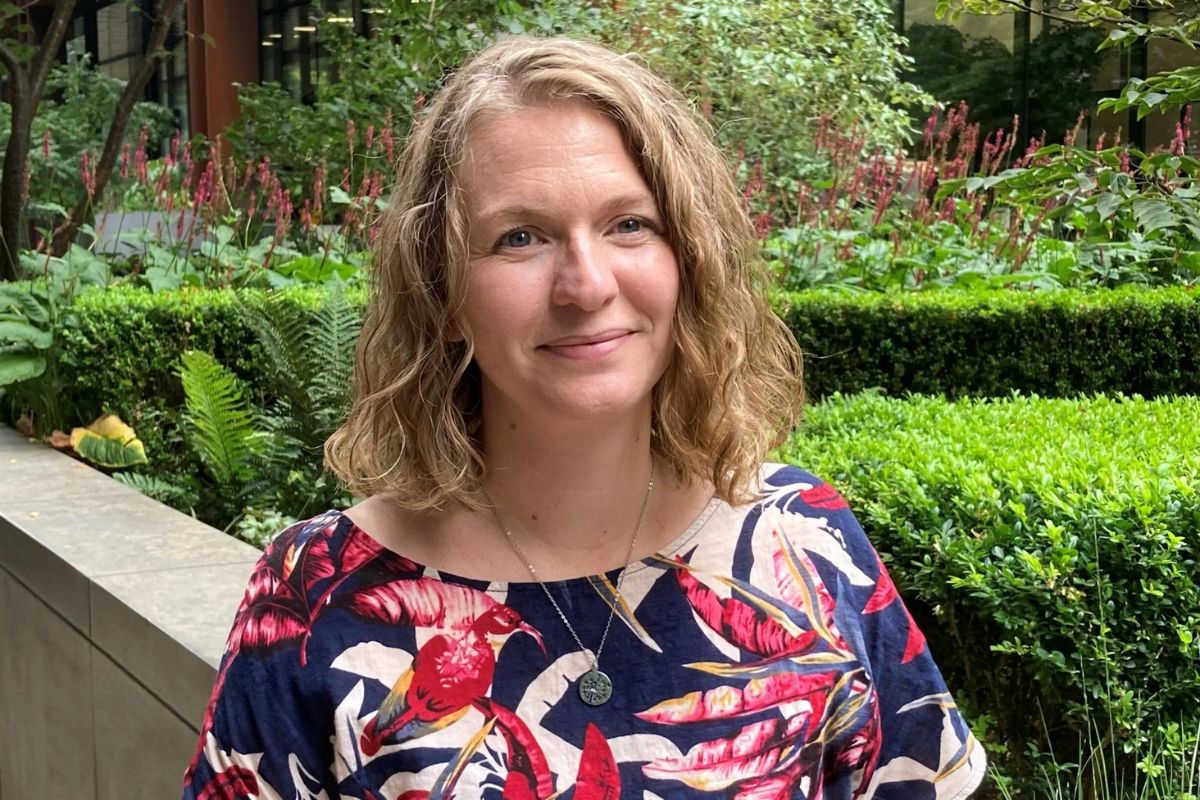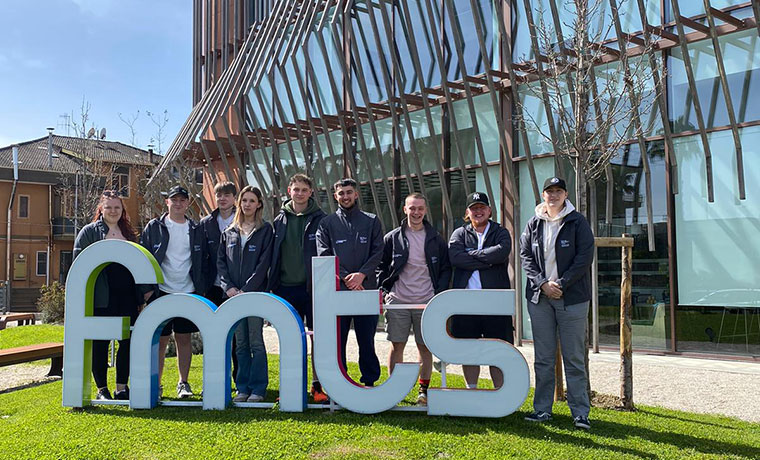Mental Health Awareness: Adults study to tackle issues
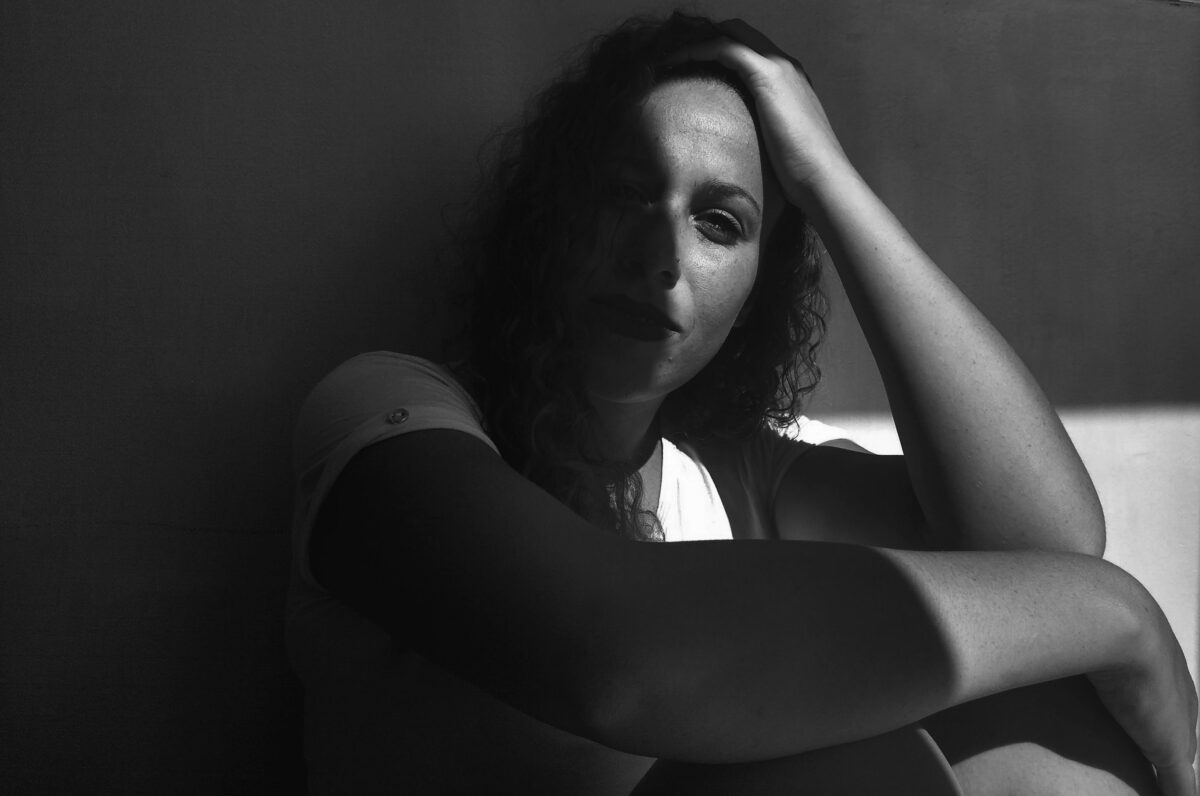
The Coronavirus pandemic, war in Ukraine and the cost-of-living crisis are just three of the many negative contributors impacting our mental health.
All of us have been affected by recent events, how to keep going when you’re struggling?
All of us have been impacted in some way. But what if you worked in the healthcare sector, at the ‘coalface’, witnessing daily how Covid has affected patients and families while you look after your own family and… need to study?
Educational research has shown that lifelong learning results in happier, healthier individuals, who have stronger social networks and enhanced family life.
These positive outcomes ripple throughout their families and friendship groups, and across wider communities, but how to keep going when you’re struggling?
Lecturers’ concern
“We noticed last year that students were struggling.” Said Christine Deeley, Subject Lead for Access to Higher Education Diploma at Norfolk County Council Adult Learning.”
In the first year of the pandemic, global prevalence of anxiety and depression increased by a massive 25%, according to the World Health Organisation.
Meanwhile, the number of referrals for specialist NHS mental health care reached a record high in England by the end of 2021.
There were 4.3 million referrals for conditions such as anxiety and depression last year – up from around 3.8 million referrals the previous two years.
Ms Deeley added: “Many of our learners have young families and demanding jobs – it’s a lot to juggle. Attendance was falling, we were seeing an increase of deadline extension requests and learners were sharing their anxieties and pressures with us.
“We decided to run a new unit from Gateway Qualifications: ‘Promoting Wellbeing and Building Resilience’ to support our students. And I’m delighted to say that it’s made a positive difference.
Dr Alexia Zinonos-Lee who teaches the unit agrees, she said: “Many learners were having to put in extra hours at work, and of course many were having to home school their children too. It was a very stressful time for many… it still is.”
Student experience
Student Gemma Hurry, 38 is a mother of three from Thorpe St Andrew, she said: I found this course really helpful, it was a much-needed unit. It gave me time to reflect on lots of things in my life and regain some focus.
“I often refer to things we covered, for example we had to write down three things to make us believe we can achieve whatever we set out to do, and I read these every day.”
Gemma left her job as a fundraiser at a local charity helping children and adults with varying degrees of sight loss to complete this course and pursue a new career as a midwife.
Another student, Ashleigh Hogg, 31 is a single mother from Cromer, Ashleigh volunteers at a local nursery she said: “I found the whole unit very interesting and quite relaxing. I really liked learning about the different coping techniques for stress.
“Being a single mother, doing this course along with volunteering I haven’t really taken time for myself in a long while, so by being given time by the tutor really helped me, I was strict with myself and gave myself the time offered.
“For me, this came at just the right time. We had just completed some challenging units and I was beginning to feel overwhelmed.
“This unit helped bring my head back to where it was meant to be, it ensured that I was able to continue. Honestly, since this unit I have coped so much better with stressful situations. I feel like a more positive and relaxed person.”
Ashleigh has recently been offered a place at University of East Anglia to study a BSc in Children’s Nursing.
We asked Dr Zinonos- Lee for some mental health tips that we could all use to help us in our daily lives.
Doctor’s Orders
Here are Dr Zinonos-Lee’s top tips if you’re struggling or feeling overwhelmed.
She said: “It is not selfish to take time to look after yourself,” she suggests taking some time each day to look after your mental health.
“Set aside 15 minutes a day for your mental health, you could use this time to have a hot drink uninterrupted, do some stretches, take a walk around the block, call a friend, write a to do list…”
“Seek help. It really is okay not to be okay, it does not show weakness to ask for help, it takes a strong person to know that they are not ok and get the help they need.”


